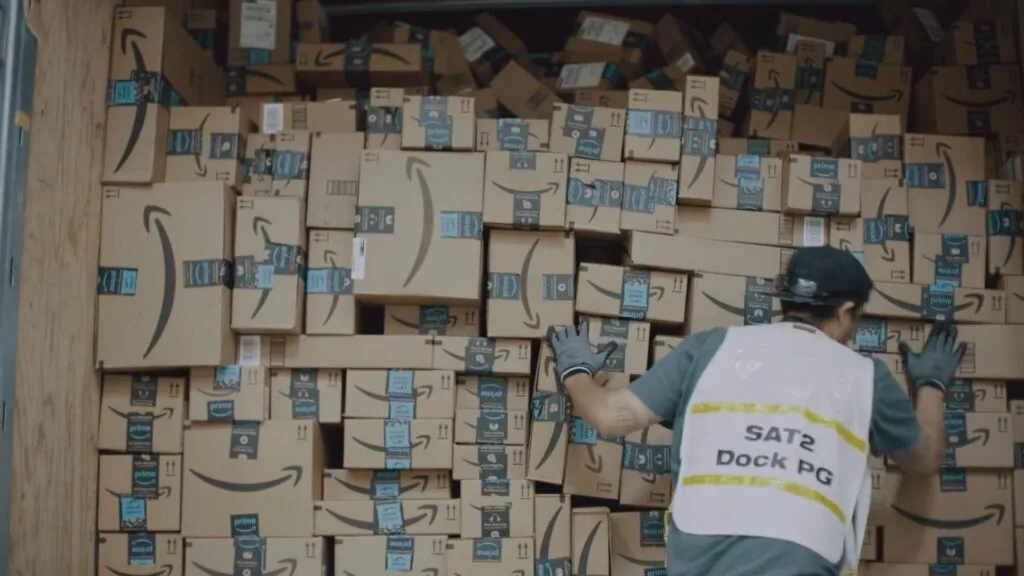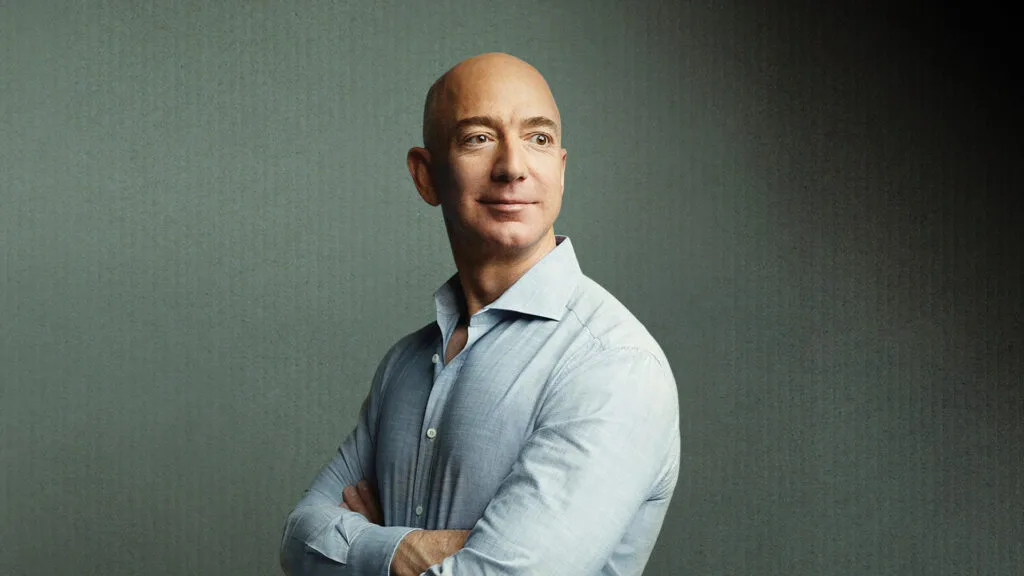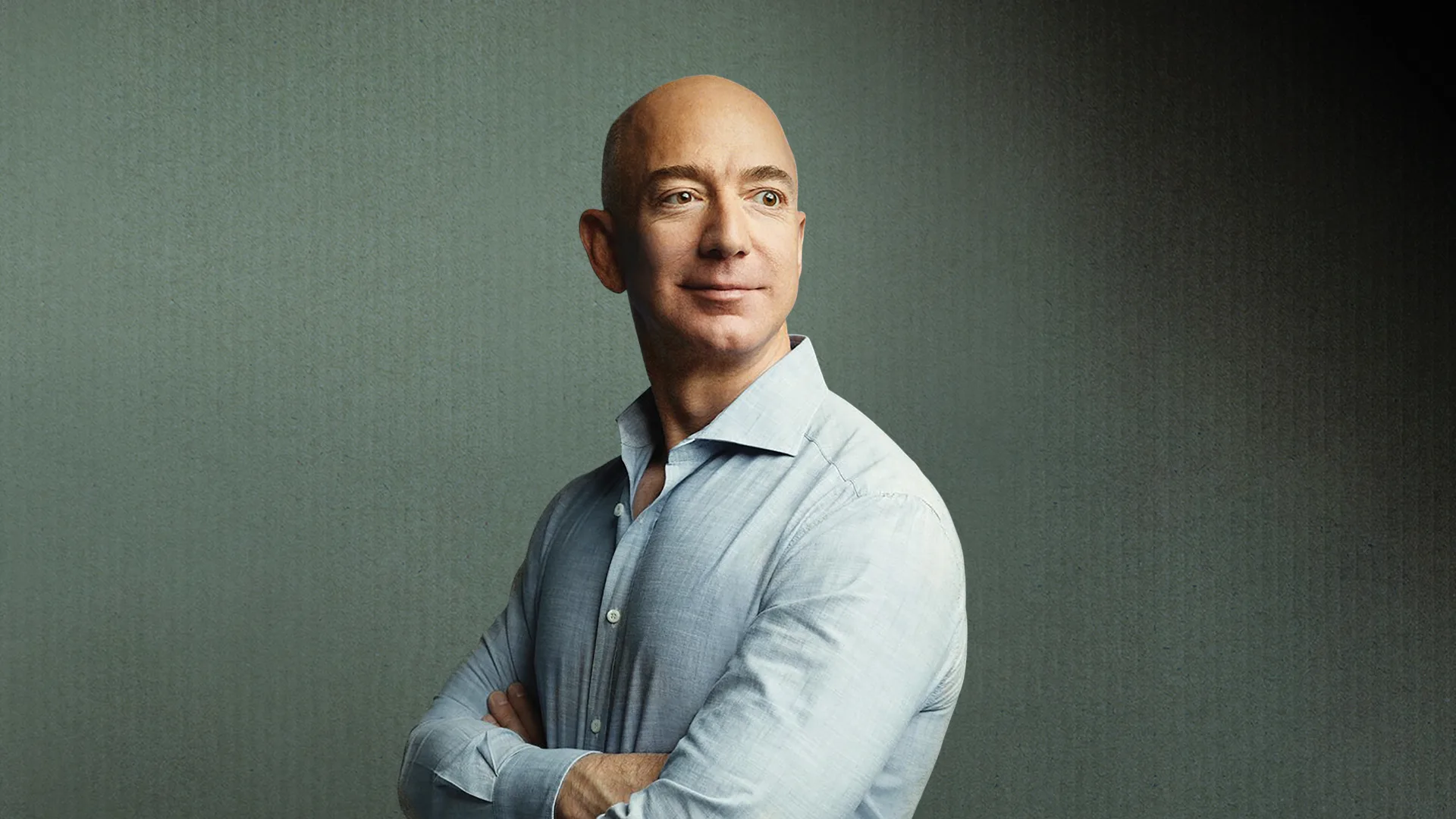Appeals Court: Amazon Was “Pivotal” in the Sale of Exploding Battery

August 25, 2020
Share
A California appeals court ruled earlier this month that Amazon can be held liable for defective products on its marketplace, a decision that consumer advocates hope will force the company to better ensure the safety of goods sold by third-party vendors.
The Aug. 13 ruling concerned a lawsuit filed by a California woman who purchased a replacement laptop battery from the website in 2016. The plaintiff, Angela Bolger, was hospitalized with third-degree burns after the battery exploded in her lap.
At issue is whether the company is liable for defective products sold by third parties, which account for more than half of its online sales. The e-commerce giant has long maintained that it functions as a mere broker of such sales, and shouldn’t be responsible for these products when they fail. A lower court dismissed the suit, but the Fourth District Court of Appeal in San Diego reversed the decision earlier this month, allowing her lawsuit to proceed. Amazon, the world’s largest online retailer, has vowed to appeal.
FRONTLINE investigated the company in Amazon Empire, detailing how politicians and regulators around the world have begun to try to rein in the power of the behemoth retailer, and exploring questions over who is responsible when a customer buys a dangerous product from Amazon.
The courts have mainly sided with Amazon. However, the California ruling follows a handful of recent decisions that have gone against the company. In one of these cases, a Texas toddler swallowed a battery from a remote control device, causing serious internal injuries; in another, a Pennsylvania woman was partially blinded by a dog leash. (Amazon has appealed in the Texas case; the Pennsylvania case will be considered by the state’s Supreme Court.)
In the San Diego appeals court opinion, Justice Patricia Guerrero said Amazon not only made the battery available online, but stored it in its warehouse, took payment and shipped it to Bolger.
“Whatever term we use to describe Amazon’s role, be it ‘retailer,’ ‘distributor,’ or merely ‘facilitator,’ it was pivotal in bringing the product here to the consumer,” Guerrero wrote.
While the ruling is specific to California, Bolger’s attorneys hope it will have a broader effect. “I think it does definitely set a precedent around the country that courts are willing to hold Amazon liable,” Bolger’s attorney Jeremy Robinson told FRONTLINE. “It is, hopefully, a shifting of the tide from when Amazon could march into court and win these cases every time.”
In a statement to reporters on Aug. 14, Amazon said the ruling “was wrongly decided and is contrary to well-established law in California and around the country that service providers are not liable for third party products they do not make or sell. We will appeal this decision.”
Jeff Wilke, CEO of Worldwide Consumer at Amazon, defended the company’s product safety efforts in the Feb. 2020 Amazon Empire documentary, telling FRONTLINE “we work really hard to make sure” items sold on the site are safe.
Product liability laws vary from state to state. But, in many cases – as in Bolger’s – Amazon third-party sellers are based overseas. These vendors can be hard to locate and therefore difficult or impossible to hold liable when injuries and damage occur. Amazon hasn’t required these sellers to list their real business names. Indeed, Bolger purchased the battery from a seller called E-Life, later identified as the Hong Kong-based company Lenoge Technology.
However, last month, Amazon notified sellers they will have to display their real business names beginning in September. Remington Gregg, civil justice and consumer rights counsel for the consumer advocacy group Public Citizen, says it’s Amazon’s responsibility to ensure that third-party sellers offer safe products.
“These companies should be reputable, and they should be doing the right things by their customers,” Gregg said. “If not, this case is a cautionary tale that a big company like Amazon can be held liable.”
Amazon’s sales have soared this year as more people shop online amidst the coronavirus pandemic. The company’s second-quarter sales rose by 40% and net profits have doubled to $5.2 billion over the same period last year.
It’s likely that this trend will continue, said Robinson. “This is the way things are going to get sold in the future,” he said. “I think the sooner the courts and legislatures manage to get their heads around this, the better.”
California is currently weighing legislation that would make large online sellers like Amazon responsible for sales of defective products in the same way it does brick-and-mortar stores.
Correction: An earlier version of this story misidentified the person who wrote the Fourth District Court of Appeal decision. It was Justice Patricia Guerrero, not Judge Randa Trapp. Trapp is a judge in the Superior Court of San Diego County in California and issued an earlier decision in the case.

Former Tow Journalism Fellow, FRONTLINE/Newmark Journalism School Fellowship, FRONTLINE
Related Documentaries
Latest Documentaries
Related Stories
Related Stories
Explore
Policies
Teacher Center
Funding for FRONTLINE is provided through the support of PBS viewers and by the Corporation for Public Broadcasting, with major support from Ford Foundation. Additional funding is provided the Abrams Foundation, Park Foundation, John D. and Catherine T. MacArthur Foundation, Heising-Simons Foundation, and the FRONTLINE Trust, with major support from Jon and Jo Ann Hagler on behalf of the Jon L. Hagler Foundation, and additional support from Koo and Patricia Yuen. FRONTLINE is a registered trademark of WGBH Educational Foundation. Web Site Copyright ©1995-2025 WGBH Educational Foundation. PBS is a 501(c)(3) not-for-profit organization.





















